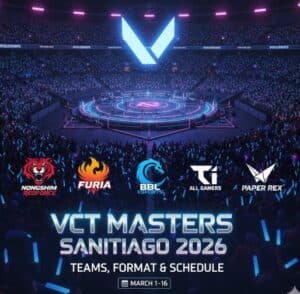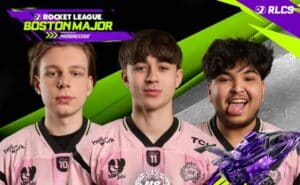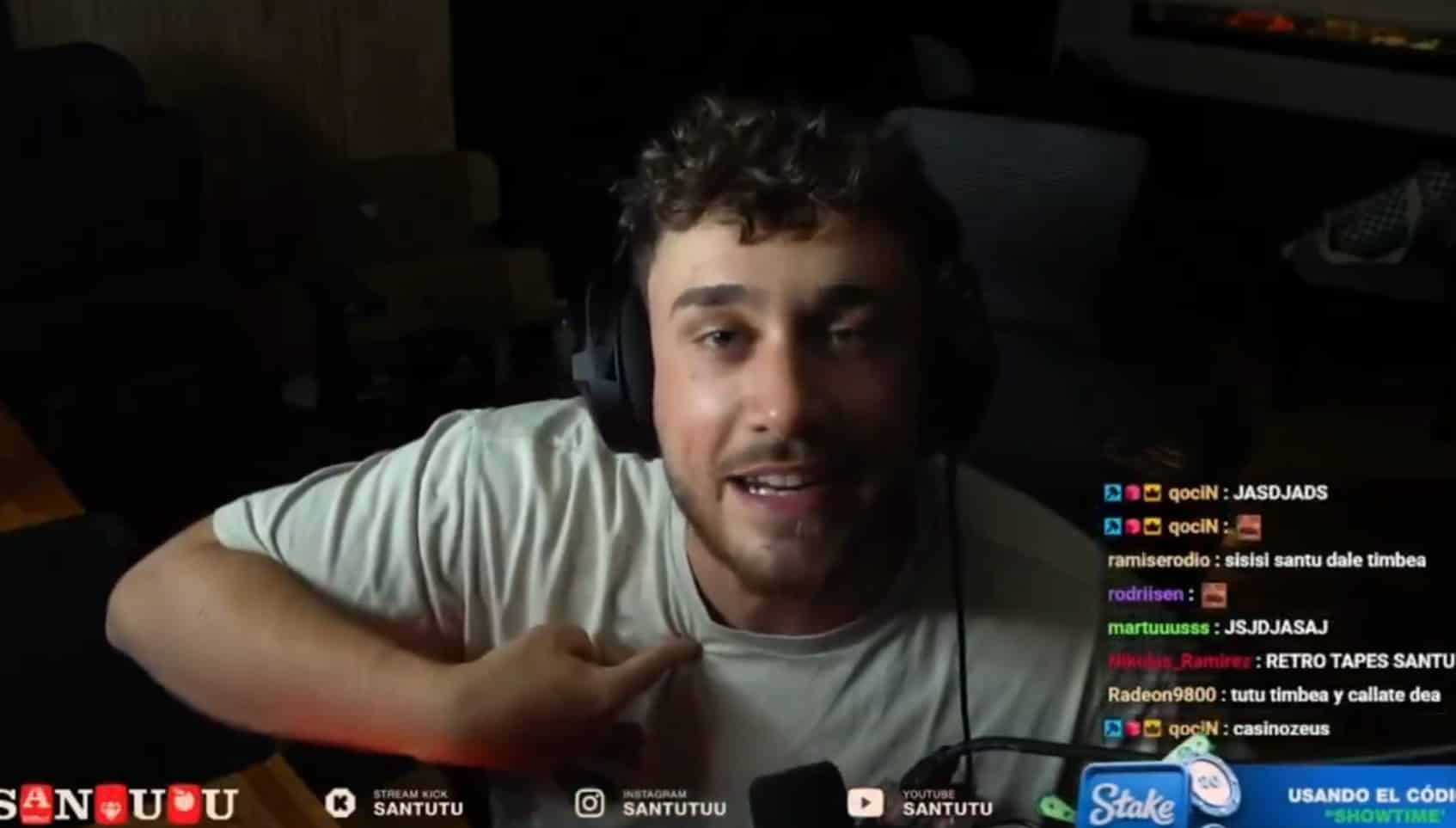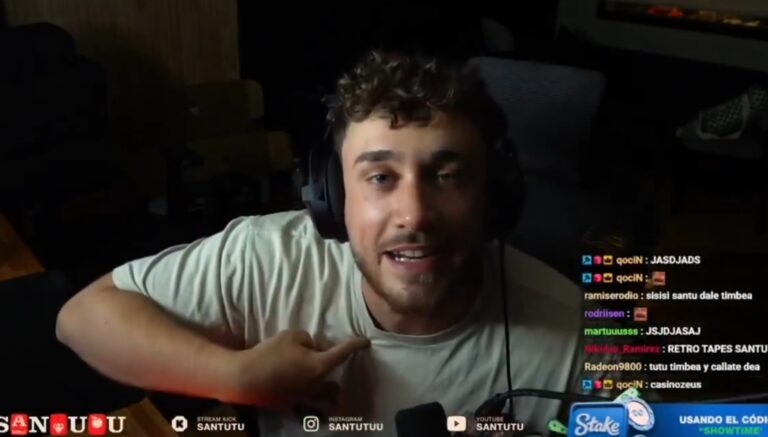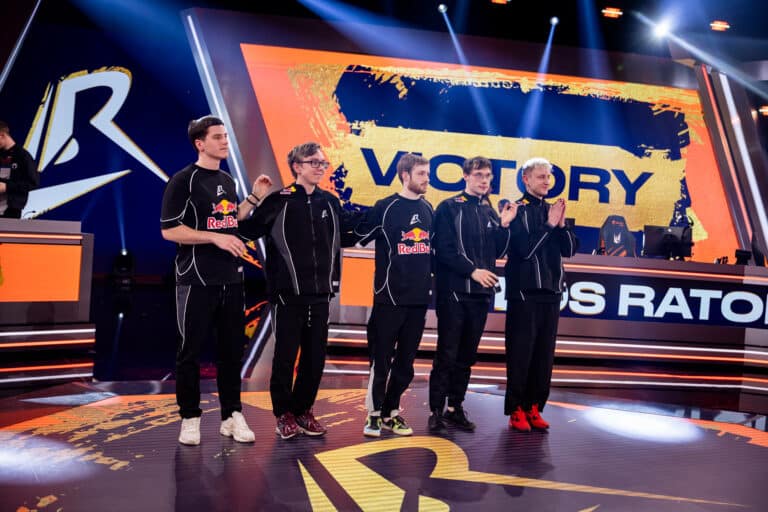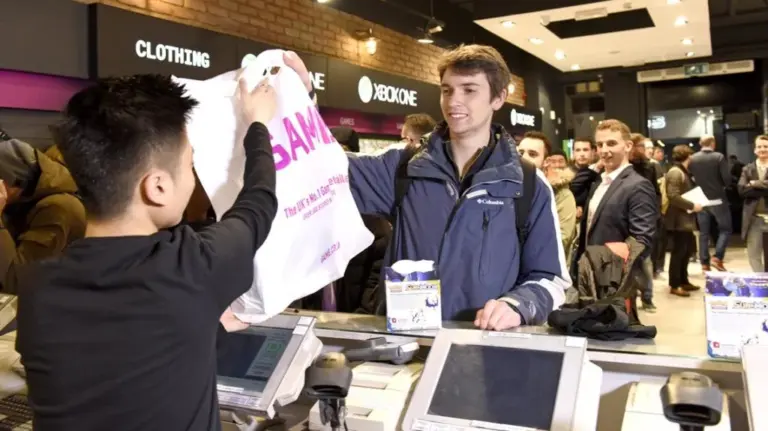Rocket League community questions stricter tournament rules around player age, LANs and more, but welcomes higher prize pool cap (update: Psyonix makes adjustments based on feedback)
Dom Sacco, Senior Editor
Last Updated: 17/06/2025
May 5th 2022: The guidelines have been updated yet again.
Update (February 23rd 2022): Psyonix has made adjustments in response to community feedback, in terms of restrictions around tournament length, event naming and participant age.
Players can now be at least 13 years old to take part in a community tournament,
Original article (February 8th 2022):
Rocket League publisher Psyonix has implemented tighter rules around third-party community tournaments, drawing a mixed to negative reaction from the community.
The announcement has also raised further questions from the Rocket League community, who are unsure around the wording of some of the rules.
Some of the key changes include the following:
- All players must now be at least 15 years old to take part in a community tournament
- Tournaments must be online-only for now (in-person Rocket League events/LANs are prohibited from taking place due to Covid-19)
- The prizing and appearance fee cap has been raised from $5,000 to $15,000 per event, and the annual prizing cap of $50,000 has been removed
- Tournaments can receive up to $50,000 from sponsors
- Tournaments cannot include sponsorship or marketing of cryptocurrencies, NFTs or other blockchain-related product or service
- Tournaments can’t last for more than three consecutive days and organisers can’t host more than one per week
- Organisers cannot use the terms “Championship”, “Split”, “Regional Event”, “Major” or “Season” in their tournament title or in any marketing for it
You can see Psyonix’s community tournament guidelines update page here, with further links to more detailed information.
“The prize and sponsorship cap being raised is great, but this is really limiting the amateur/grassroots scene to the point where pros like Daniel, for example, would have never got a chance with this move.”
RSC EU
Esports News UK understands that the esports Rocket League Championship Series (RLCS) already had the rule that players had to be aged 15 and over to compete, but now this applies to all tournaments.
However, we also understand these rules are more for the general public, and pre-existing tournaments may be able to continue, with specific approval from Psyonix.
Reaction was strong on social media, with many people questioning the new player age limitation.
Tournament organiser RSC EU said: “The prize and sponsorship cap being raised is great, but this is really limiting the amateur/grassroots scene to the point where pros like Daniel, for example, would have never got a chance with this move.”
Some Rocket League pro players, like Daniel from the US and Scrub Killa from Scotland, started playing in tournaments before they turned 15 years old.
Yui, a founding member of Slipstream, hosting the ECC10 tournaments, added: “What I’ve heard from many so far is that it’s okay because Psyonix might approve most requests. But being at the whim of a corporate decision that is introduced overnight without prior warning feels horrible, and disrespectful of the work the community put into their events.”
Jon Winkle, MD of Epic.LAN, said simply: “Psyonix… what are you doing?”
Related articles
- UK Rocket League players win RLCS Apollo Open EU Regional Event with Team Queso
- As Collegiate Rocket League expands to Europe, Psyonix tells Esports News UK how this will affect existing collegiate leagues in the UK
- Interview with Endpoint UK Rocket League player RelatingWave
Top Gambling & Casino Guides
Explore some of our most popular casino, betting, and gaming guides, trusted by UK players this year.
- Best Online Casinos UK
- Best Bitcoin Casinos in 2026
- Top Online Betting Sites 2026
- No KYC Casinos UK
- Non Gamstop Casinos UK
Dom Sacco, Senior Editor
Dom is an award-winning writer and finalist of the Esports Journalist of the Year 2023 award. He has almost two decades of experience in journalism, and left Esports News UK in June 2025. As a long-time gamer having first picked up the NES controller in the late '80s, he has written for a range of publications including GamesTM, Nintendo Official Magazine, industry publication MCV and others. He also previously worked as head of content for the British Esports Federation.
Stay Updated with the Latest News
Get the most important stories delivered straight to your Google News feed — timely and reliable





From breaking news and in-depth match analysis to exclusive interviews and behind-the-scenes content, we bring you the stories that shape the esports scene.
Monthly Visitors
User Satisfaction
Years experience
